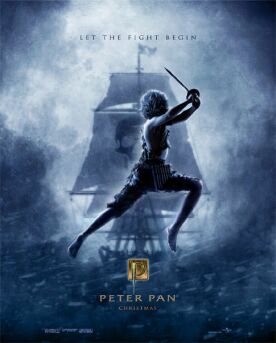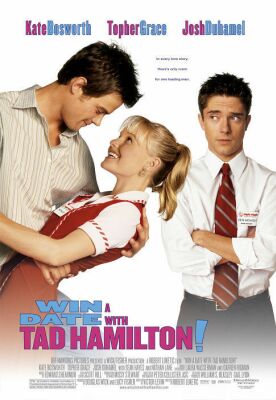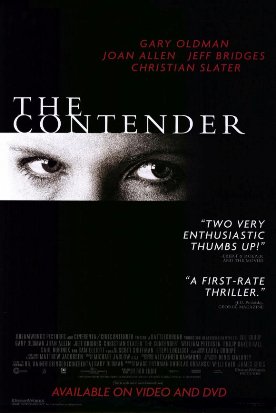Peter Pan
The great thing about the new adaptation of Peter Pan by P.J. Hogan and Michael Goldenberg and directed by Mr Hogan (Muriel’s Wedding) is that, like expert perservationists, they have stripped away decades worth of grime and schmaltz and sentiment and general Disneyfication from J.M. Barrie’s Edwardian play. In doing so, they have restored it to something like its original appearance and given it once again some of the magic and the mystery that it must have had for its audience of a century ago. Without actually getting back to Barrie’s original conception of Peter as the villain of the play — that would be expecting too much — Hogan manages to make his isolation in never growing up less enviable and “cool” and more pathetic.
Like Barrie, he begins by reminding us that “All children grow up. . .Except one” — and in doing so he also reminds us of the perversity of fawning over Peter Pan (well played here by Jeremy Sumpter) himself as previous adaptors have done. His use of child actors also helps us to see that the story is really about Wendy (Rachel Hurd-Wood), whose ambition to be a boy is masked by Peter’s to remain in the same state. The stage tradition, going back to Barrie’s own time, of casting a woman in the role of Peter obscures this essential fact, whereas having him played by a real boy brings it out. Emerging from the shadow of a woman whom we we are asked to accept as a boy, Wendy comes into her own, and her centrality becomes clear.
Without her, that is, John (Harry Newell) and Michael (Freddie Popplewell), like the Lost Boys, could at least have gone on pretending never to grow up. She, as she finally has to understand, cannot. “Why do you have to spoil everything?” says Peter as she starts to expect a more adult relationship — something he pretends not to understand. “Don’t we have fun? Haven’t I taught you to fight and to fly? What more is there?” What indeed! But even Captain Hook, marvellously done by Jason Isaacs who also plays Mr Darling, understands that “Pan cannot love; it is part of the riddle of his being.”
Finally, Peter petulantly urges Wendy to “Go home and grow up,” and of course she must. But the demands of her approaching maturity force the boys at last to acknowledge theirs, and to say farewell to fairyland — where Ludivine Sagnier makes a charmingly mute Tinkerbell — and with it the savage joy of a state of nature, untroubled by adult morality, which is what Pan’s name is meant to suggest.
“I want always to be a boy and have fun,” says Peter.
“You say so,” replies Wendy as the reluctant but inevitable representative of wifely womanhood, “but I think it’s your biggest pretend.”
Earlier versions of Peter Pan, especially those by and for the baby-boom generation, clung to that same pretend. They were made from the point of view of Peter and they too didn’t see why the children should have to grow up if they didn’t want to. But Hogan’s film doesn’t flatter itself with that kind of delusion. Not only must the children grow up, they must grow up different: Wendy into a woman and John and Michael and the Lost Boys into men. Peter, left behind, is like all boys who won’t grow up in being essentially uninteresting. That doesn’t mean that he’s a bore. On the contrary, he’s enormous fun, and Hogan is also able to have fun with him. His aerial perspectives, suggesting flight, are only the most thrilling of his many charming visual effects, and the pantomime Indians and pirates are as delightful as any I know.
Yet the pleasure we take in them is enhanced by the reminders that they all must be left behind when we embark, as eventually we must, on the serious and sober business of growing up. It’s almost a miracle in this, the age of ageing Peter Pans, that Hogan should have been able to see that, and with it the mystery and awe that should accompany this allegory of growing up. It also becomes not a derogation from Hogan’s achievement but a delightful irony that Mohammed al-Fayeed gets an executive producer’s credit and that the film is dedicated to the memory of his Peter Pan of a son, Dodi.
Discover more from James Bowman
Subscribe to get the latest posts to your email.






